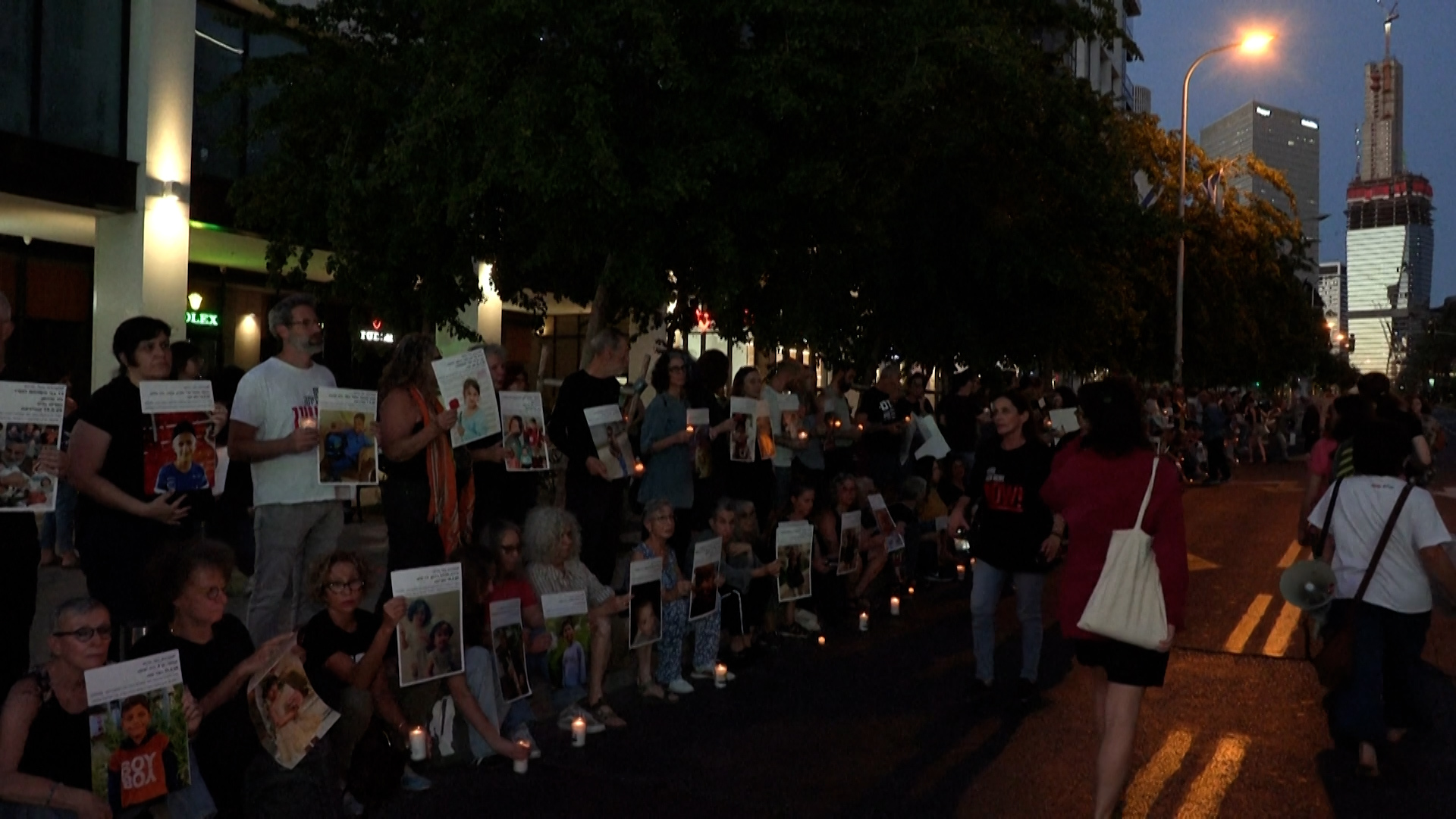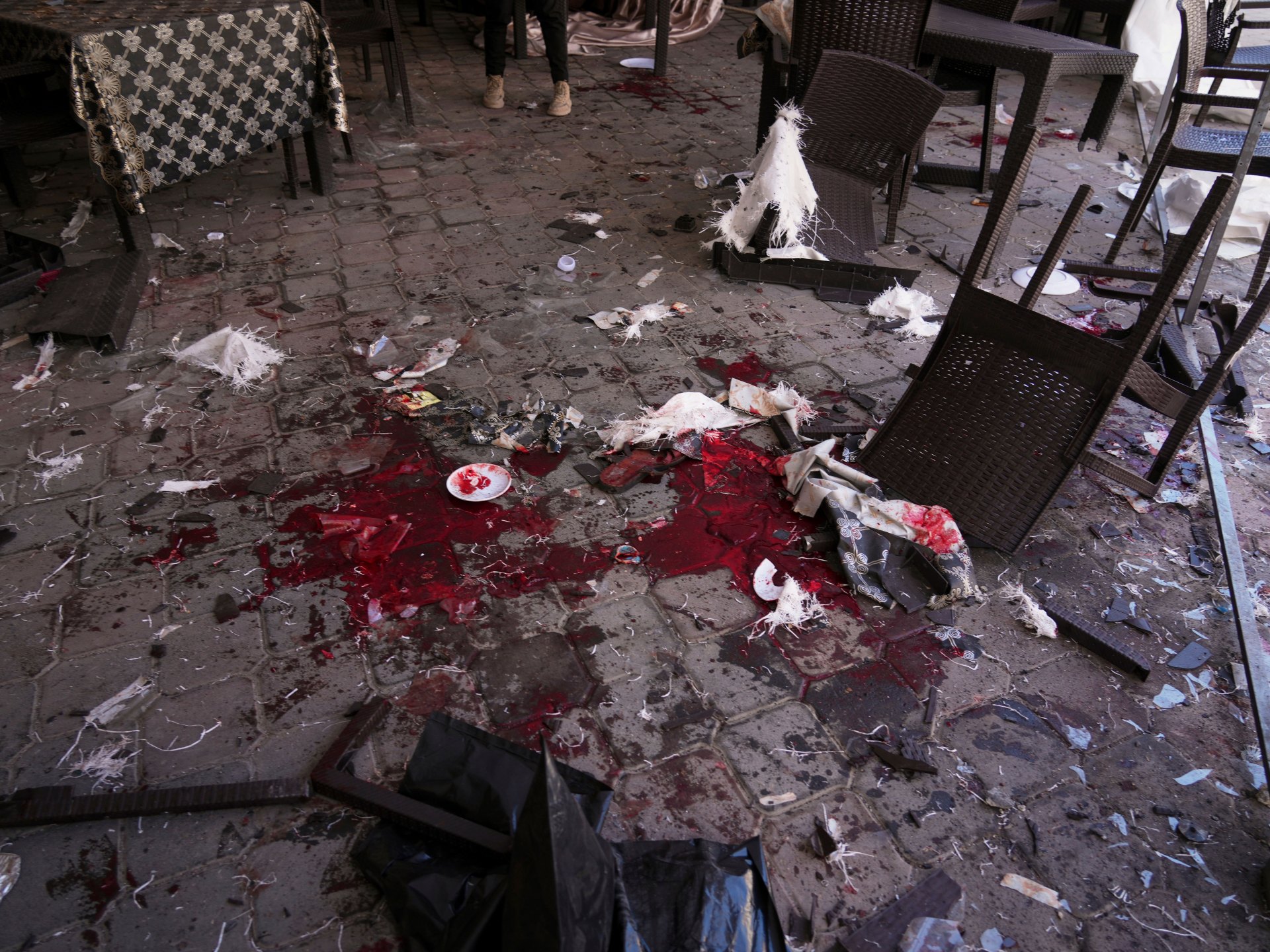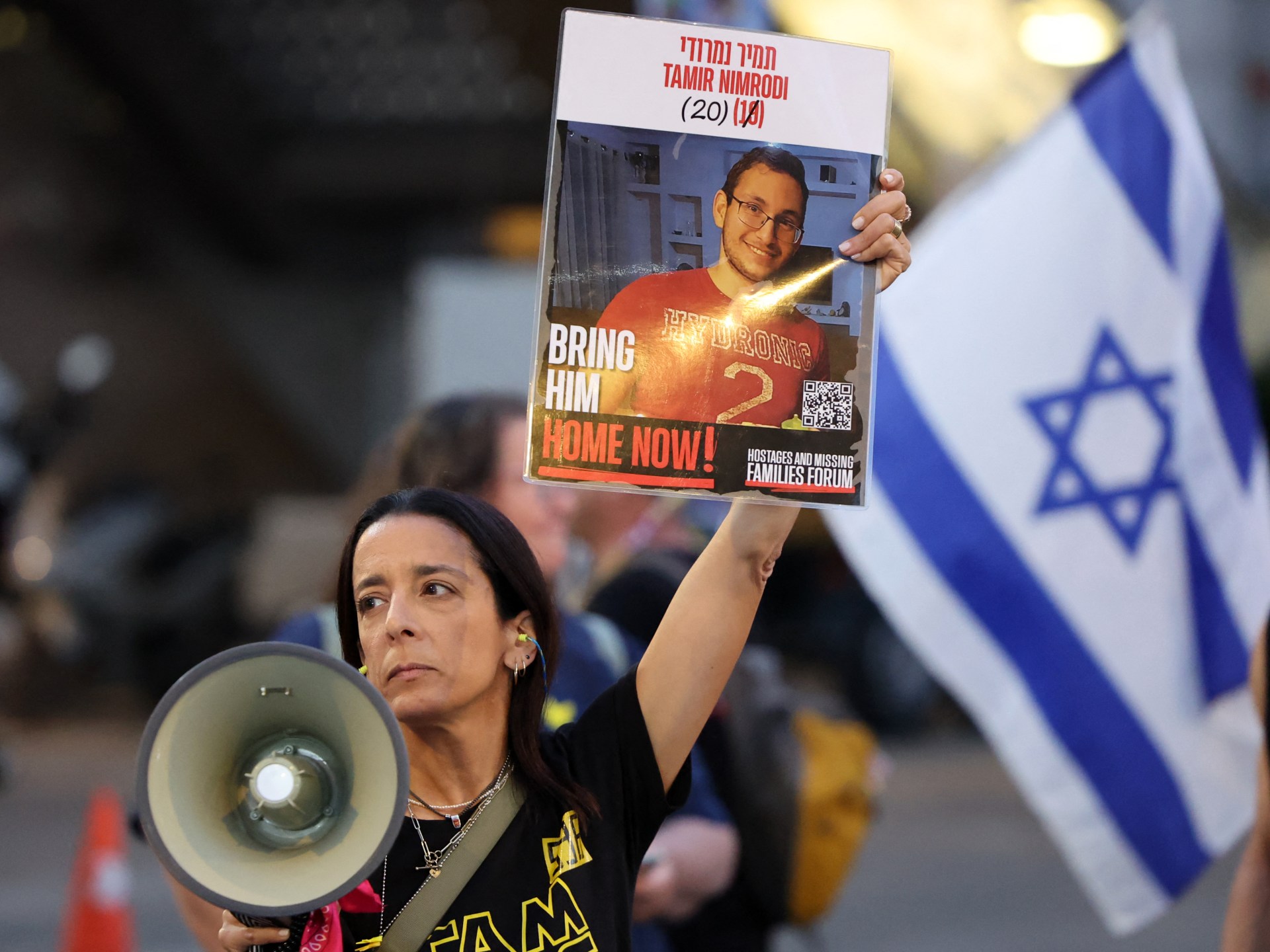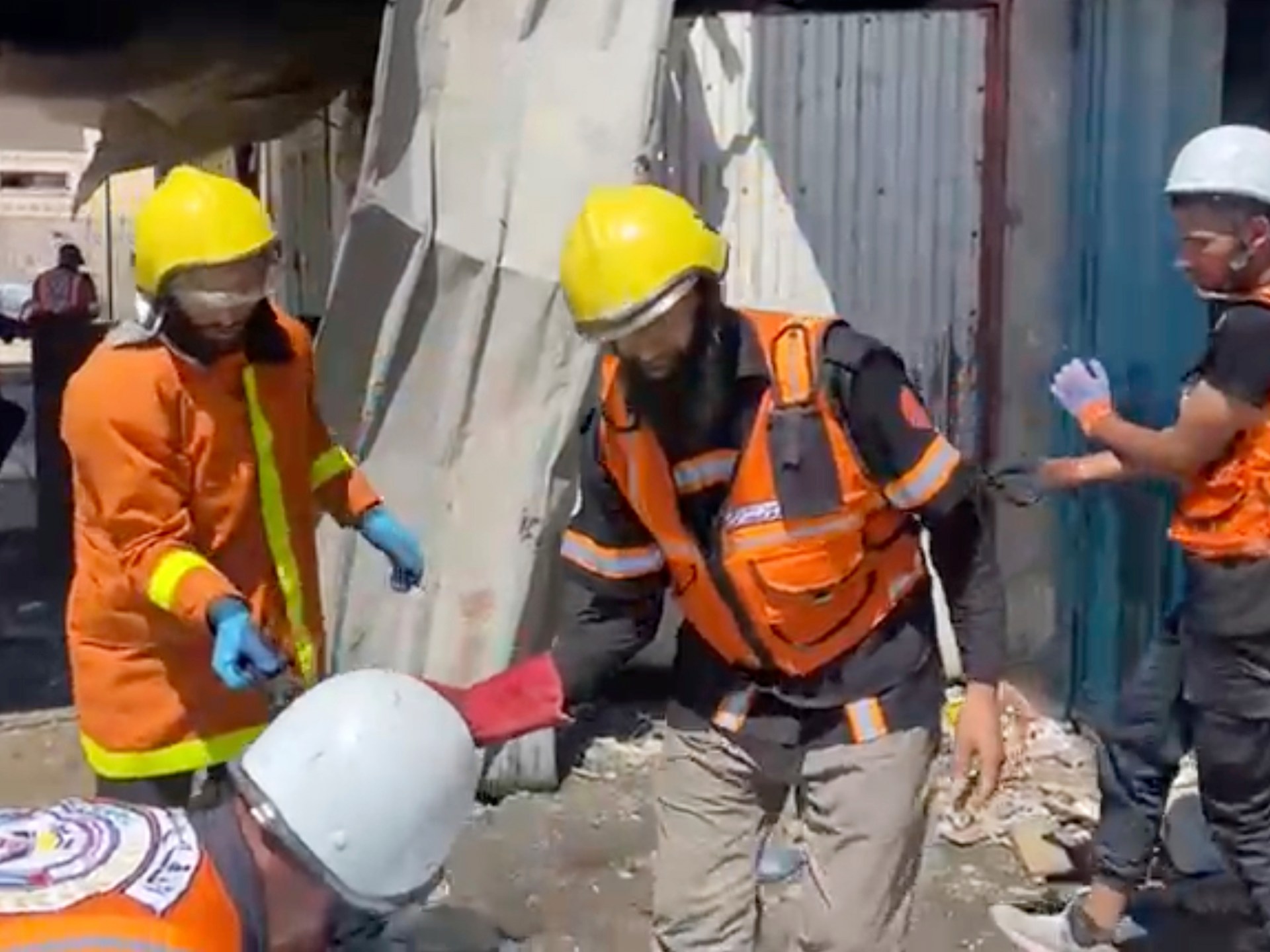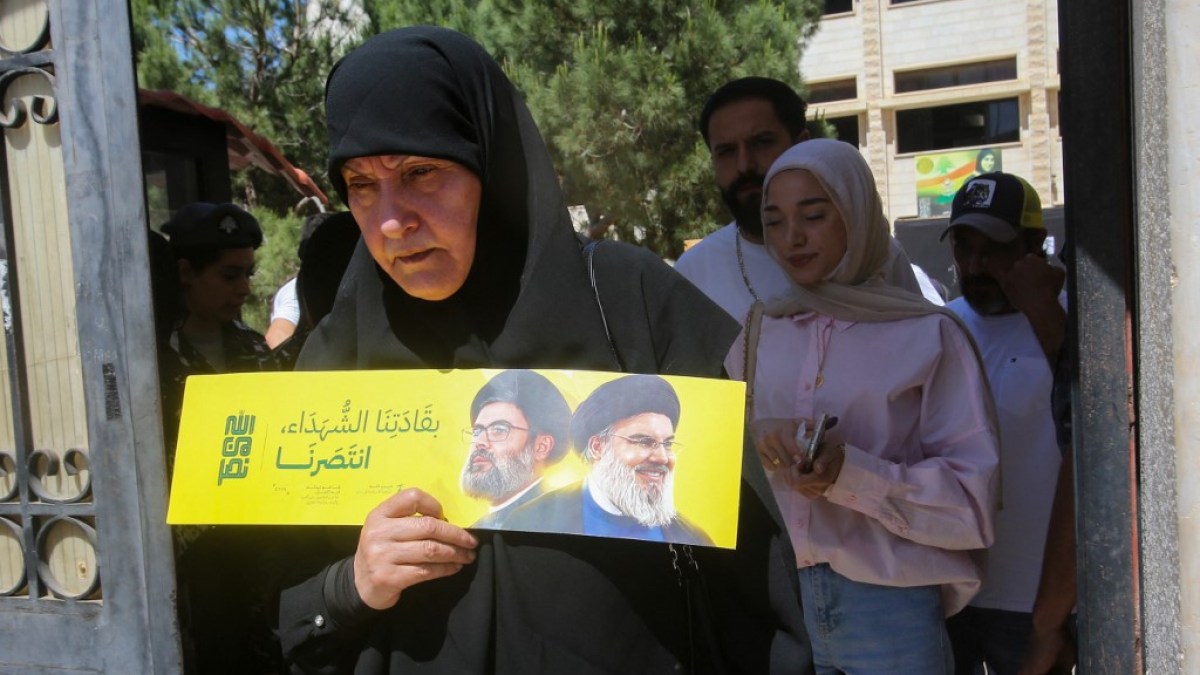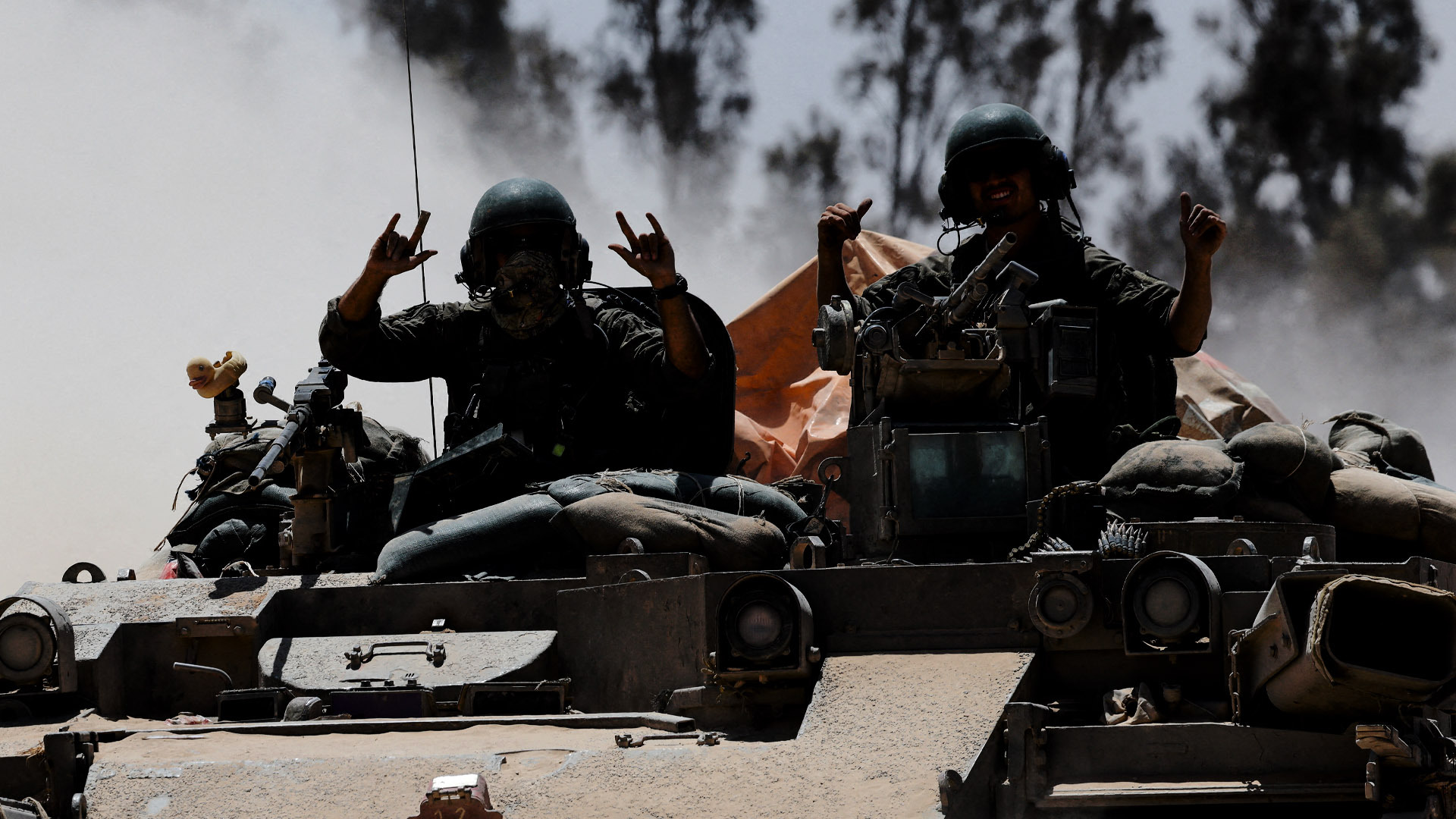Trump, ‘60 Minutes’ and corruption allegations put Paramount on edge with sale less certain
One fateful October decision to trim two convoluted sentences from a “60 Minutes” interview with then-Vice President Kamala Harris has snowballed into a full-blown corporate crisis for CBS’ parent company, Paramount Global, and its controlling shareholder, Shari Redstone.
President Trump’s $20-billion lawsuit — claiming “60 Minutes” producers deceptively manipulated the Harris interview to make her look smarter — has festered, clouding the future of Paramount and the company’s hoped-for $8-billion sale to David Ellison’s Skydance Media.
The dispute over the edits has sparked massive unrest within the company, prompted high-level departures and triggered a Federal Communications Commission examination of alleged news bias. The FCC’s review of the Skydance deal has become bogged down, according to people familiar with the matter who weren’t authorized to comment.
The agency, chaired by a Trump appointee, must approve the transfer of CBS television station licenses to the Ellison family for the deal to advance.
A lawsuit resolution, through court-ordered mediation, remains out of reach. And last week, three Democratic U.S. senators raised the stakes by suggesting, in a letter to Redstone, that a Trump settlement could be considered an illegal payoff.
Sens. Elizabeth Warren (D-Mass.), Bernie Sanders (I-Vt.) and Ron Wyden (D-Ore.) warned in their letter that any payment to Trump to gain favorable treatment by the FCC could violate federal anti-bribery laws. Paramount’s dealings with Trump “raises serious concerns of corruption and improper conduct,” the senators wrote.
“Under the federal bribery statute, it is illegal to corruptly give anything of value to public officials to influence an official act,” the senators said.
President Trump during a signing ceremony in the Oval Office of the White House.
(Drew Angerer / Getty Images)
Redstone is desperate for the Paramount-Skydance deal to go through.
Her family’s holding company is cratering under a mountain of debt. Paramount’s sale to the Ellison family would provide the clan $2.4 billion for their preferred shares — proceeds that would allow the Redstones to pay their nearly $600 million in debt — and remain billionaires.
Paramount, Skydance and a spokesperson for Redstone declined to comment.
While recusing herself from granular and final decision-making, Redstone has made it clear that she wants Paramount to settle with Trump, rather than wage an ongoing beef with the sitting president, according to people familiar with the matter but not authorized to discuss internal deliberations.
Figuring a way out of the dispute has divided the company, according to insiders.
For CBS News professionals, apologizing to Trump over routine edits of a lengthy interview is a red line. Tensions have spilled into public view.
Redstone has been cast as the villain. The Drudge Report, created by journalist Matt Drudge, who got his start at CBS in Los Angeles, last month published a photo of 71-year-old heiress, identifying her in all caps as “The woman who destroyed CBS News.”
Two top CBS News executives have resigned. Both refused to apologize to Trump as part of any settlement, the knowledgeable sources said.
Most CBS journalists and 1st Amendment experts see Trump’s lawsuit a shakedown, one seemingly designed to exploit Paramount’s vulnerability because it needs the government’s approval for the Skydance deal.
“Settling such a case for anything of substance would thus compromise 1st Amendment principles today and the broad notion of freedom of the press in the future,” prominent press freedom lawyer Floyd Abrams said.
Paramount has stressed that it sees the Trump lawsuit and the FCC review of the Skydance deal as separate. “We will abide by the legal process to defend our case,” a Paramount spokesperson said.
But “60 Minutes” correspondent Scott Pelley connected the two for viewers during an extraordinary April broadcast, in which he rebuked Paramount management on air at the end of the program. That, according to sources, angered some of Paramount’s leaders.
While “60 Minutes” has received additional corporate oversight, some insiders pointed to Pelley’s acknowledgment that “none of our stories have been blocked.”
All the high-level scrutiny has put Paramount and Redstone in a box, and the Skydance deal looks less certain than it did months ago.
“Who’s going to sign that settlement, knowing that you could be accused of paying a bribe?” asked one person close to Paramount.
Paramount Global’s path to peril began long before the infamous “60 Minutes” edits. The company was diminished by management turmoil and years of cost-cutting, which would eventually force Redstone to find a buyer for one of Hollywood’s most storied studios.
Should New York-based Paramount, which also owns Comedy Central, MTV, Nickelodeon and the famed Melrose Avenue movie studio, fail to complete its sale to Skydance by its October deadline, the deal could collapse.
Paramount then would owe $400 million to Skydance as a breakup fee, putting the company in further dire financial straits. Skydance and its investor RedBird Capital Partners have agreed, once they take over, to inject $1.5 billion into Paramount, helping it pay down some debt.
Redstone would also be on the hook to repay her financiers. Two years ago, a Chicago banker rescued the Redstone family investment firm, National Amusements Inc., with a $125-million equity investment.
The family’s finances were strained after Paramount cut its dividend to shareholders that spring during the Hollywood writers’ strike. The family’s dire financial situation was a leading impetus for Paramount’s sale.
If the deal fell through, Redstone would also have to repay a $186-million loan from tech mogul Larry Ellison. The billionaire Oracle co-founder and father of David Ellison extended the loan so National Amusements could make a looming debt payment.
National Amusements holds 77% of Paramount’s controlling shares, giving the Redstone family enormous sway over Paramount management.
Paramount Chairwoman Shari Redstone in 2023 in New York.
(Evan Agostini / Invision / Associated Press)
Critics privately note Redstone’s role in setting up the company for the current drama. It took nearly a year for Redstone and Paramount’s special board committee to negotiate a deal with Skydance. The independent directors spent months searching for an alternate buyer, adding to the delays that now haunt both sides.
Had the parties reached agreement sooner, the companies could have asked the FCC for approval earlier last year during the less hostile Biden administration.
Instead, weeks were spent haggling over various demands, including having Skydance indemnify Redstone and her family against shareholder lawsuits. In the end, the Ellisons also agreed to help Redstone pay for her New York apartment and private jet after the deal closes, according to the knowledgeable people.
Paramount petitioned the FCC for review in September.
By that time, political environment was caustic for mainstream media companies. Conservatives were upset over ABC News’ handling of the Sept. 10 debate between Trump and Harris after ABC anchors fact-checked Trump in real time, including pushing back on his false claim that Haitian immigrants in Ohio were eating pets.
Trump reportedly backed out of a “60 Minutes” appearance — long a traditional stop for presidential candidates — because CBS intended to fact-check his remarks. Conservatives viewed such formats as a double standard and as an example of how news bias has seeped into major networks’ coverage of Republicans.
“This was an issue we were already sensitive to and focused on,” said Daniel Suhr, president of the conservative Center for American Rights legal group, which filed an FCC complaint against Walt Disney Co.’s ABC after the debate.
At CBS, another firestorm had engulfed the newsroom.
Redstone, who had previously urged news executives to bring more balance to CBS’ coverage, was livid after managers scolded “CBS Mornings” co-host Tony Dokoupil for his sharp questioning of author Ta-Nehisi Coates about Israel during an interview segment. Coates’ book, “The Message,” compared Israel’s treatment of Palestinians to the Jim Crow South in the U.S.
Redstone, who is Jewish and has focused her philanthropy on battling antisemitism in the wake of Hamas’ Oct. 7, 2023, attack on Israel, publicly rebuked CBS News managers for their treatment of Dokoupil.
The controversial exchange in the Harris “60 Minutes” interview also happened to concern Israel.
“60 Minutes” correspondent Bill Whitaker suggested to Harris that Israeli Prime Minister Benjamin Netanyahu, was not listening to the Biden administration.
Harris gave a long-winded three-sentence response.
CBS broadcast the convoluted first sentence on its Sunday public affairs show, “Face the Nation,” on Oct. 6. The following night — the anniversary of the Hamas attacks — “60 Minutes” aired only her most forceful and succinct third sentence: “We are not going to stop pursuing what is necessary for the United States to be clear about where we stand on the need for this war to end.”
Conservatives zeroed in.
“CBS created this mess for itself. … The conservative ecosystem was outraged when they saw the two different clips because it vindicated everything,” Suhr said. “Folks had always believed the media was selectively manipulating interviews like that.”
Journalists routinely cut extraneous words to provide clear and compact soundbites for audiences. CBS released a statement saying that it had not doctored the interview. Rather, news producers said they trimmed Harris’ response to cover more ground during the broadcast.
Internally, CBS debated whether to release the full transcript to quell the furor — but it stopped short at first. Some people close to the company have been particularly critical of CBS for not immediately releasing the unedited video.
Trump sued in late October for $10 billion. After he returned to the White House, he doubled his demand to $20 billion.
One of Trump-appointed FCC Chairman Brendan Carr’s first moves was to revive a separate news distortion complaint against “60 Minutes,” which Suhr had filed shortly after the broadcast. The matter had been dismissed by the previous Biden-appointed chair.
CBS and the FCC released the Harris footage in February.
By that time, the controversy had consumed the company.
Last month, Bill Owens, the executive producer of “60 Minutes” stepped down, citing a loss of editorial independence.
“60 Minutes” continued with Trump-critical stories — to the chagrin of people who want the Skydance deal to close.
Less than two weeks after CBS Chief Executive George Cheeks pledged support for his team, Wendy McMahon, the head of CBS News, was forced to go.
“It’s become clear that the company and I do not agree on the path forward,” McMahon told her staff in a note last week.
Insiders note other McMahon decisions, including the introduction of a new “CBS Evening News” format, which has led to plummeting ratings, as factors in her fall. McMahon could not be reached for comment.
Redstone and others hope the mediation with Trump’s attorneys will produce a truce.
But several questions remain: What will it take for Paramount to appease the president? And could the company’s leaders be prosecuted if they pay the president a multimillion-dollar settlement?
In “normal times,” officials might be alarmed by a president’s demand for a big check, said Michael C. Dorf, a Cornell Law School professor.
“These are not normal times, however, so the president will likely be able to get away with soliciting a bribe from Paramount, just as he is getting away with extortion of law firms and universities,” Dorf said.
Staff writer Stephen Battaglio contributed to this report.

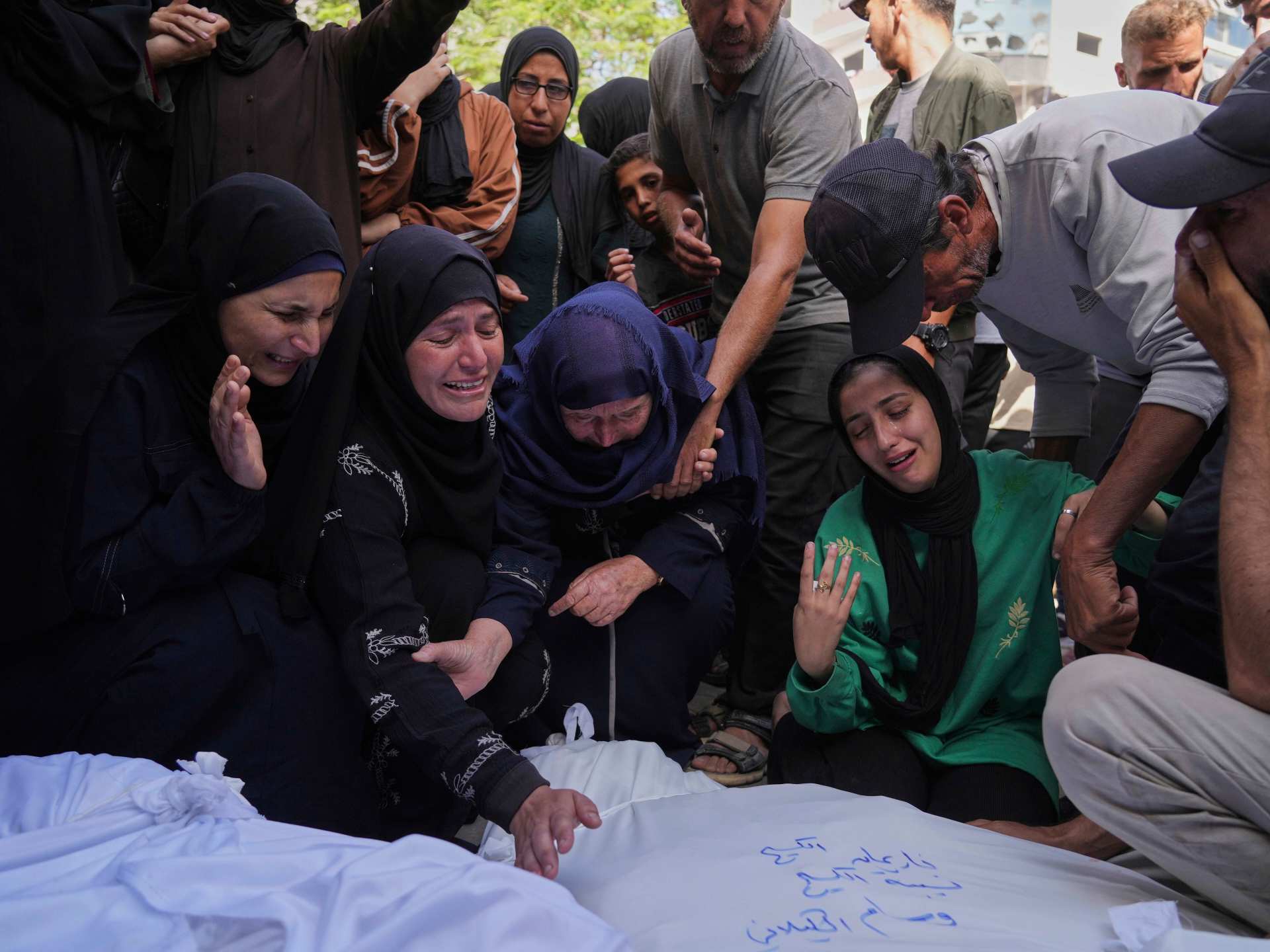

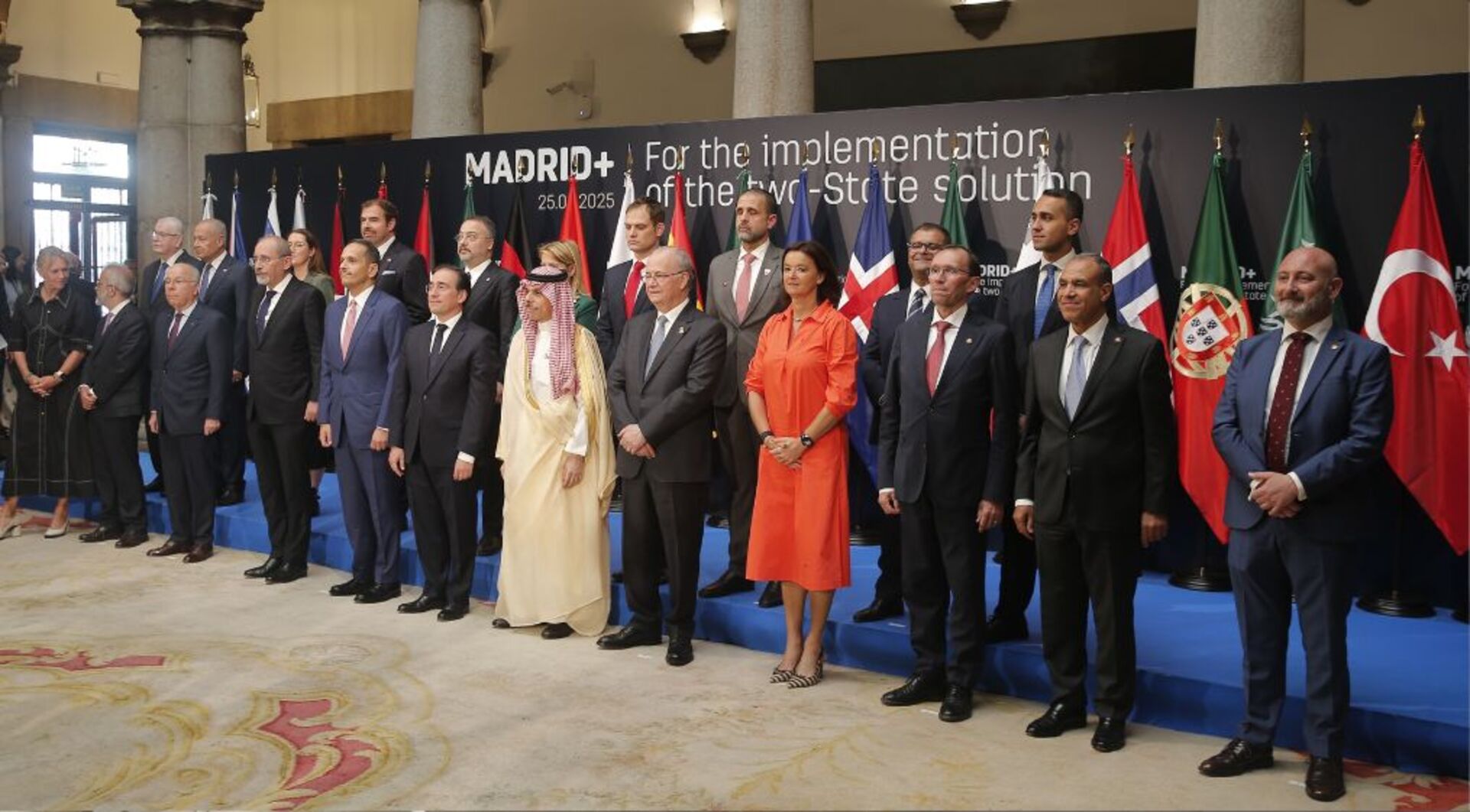
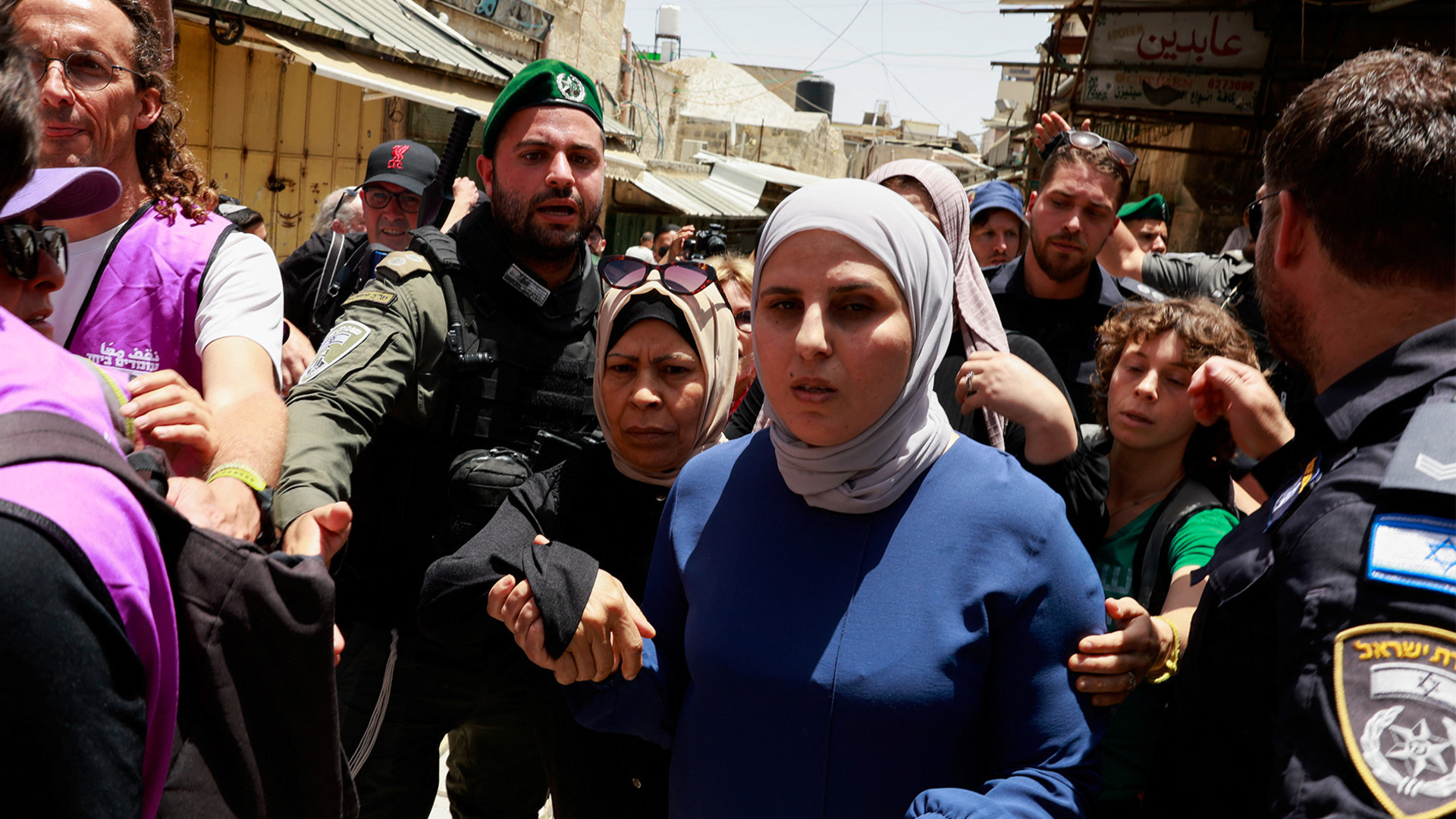
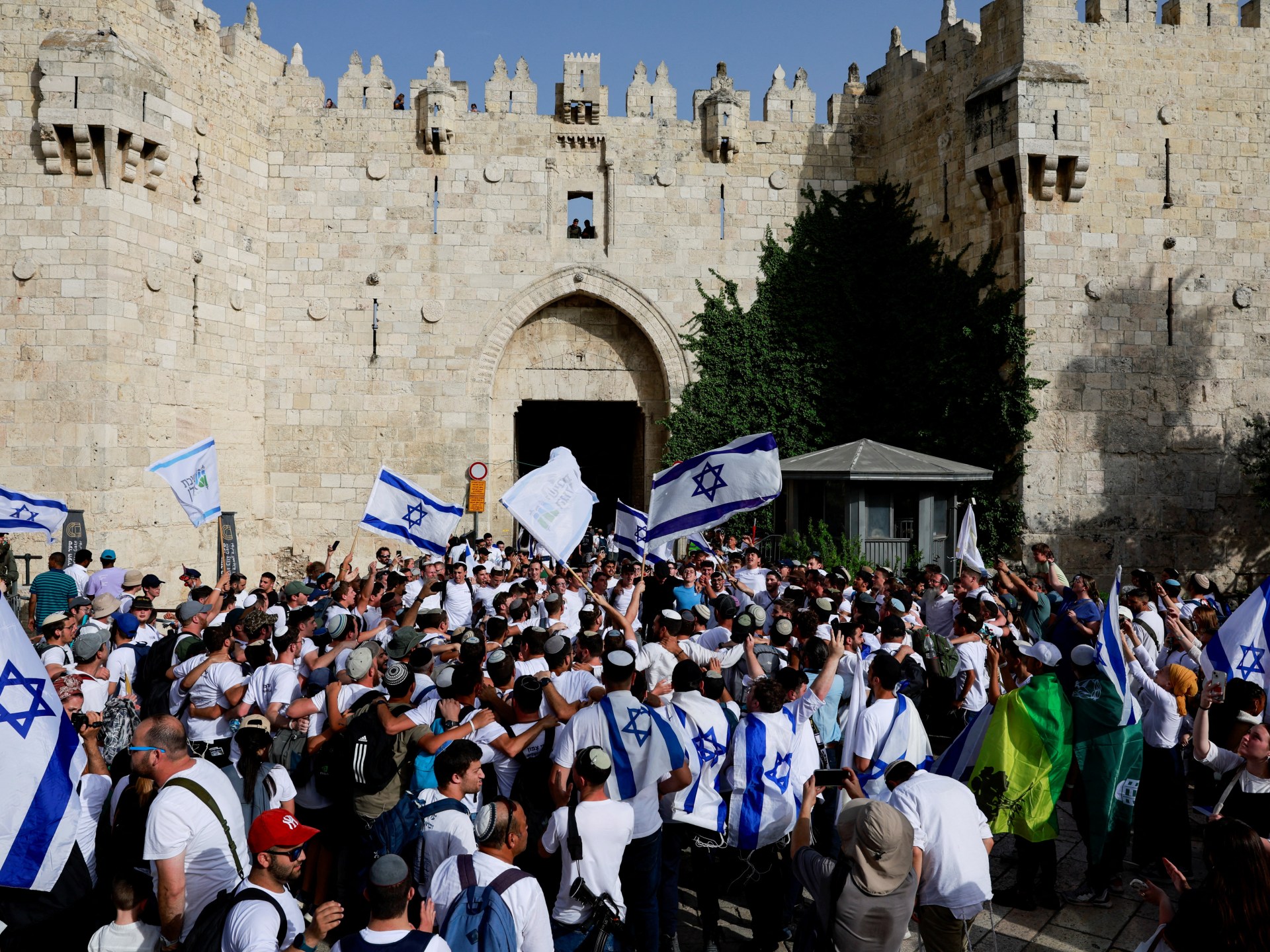
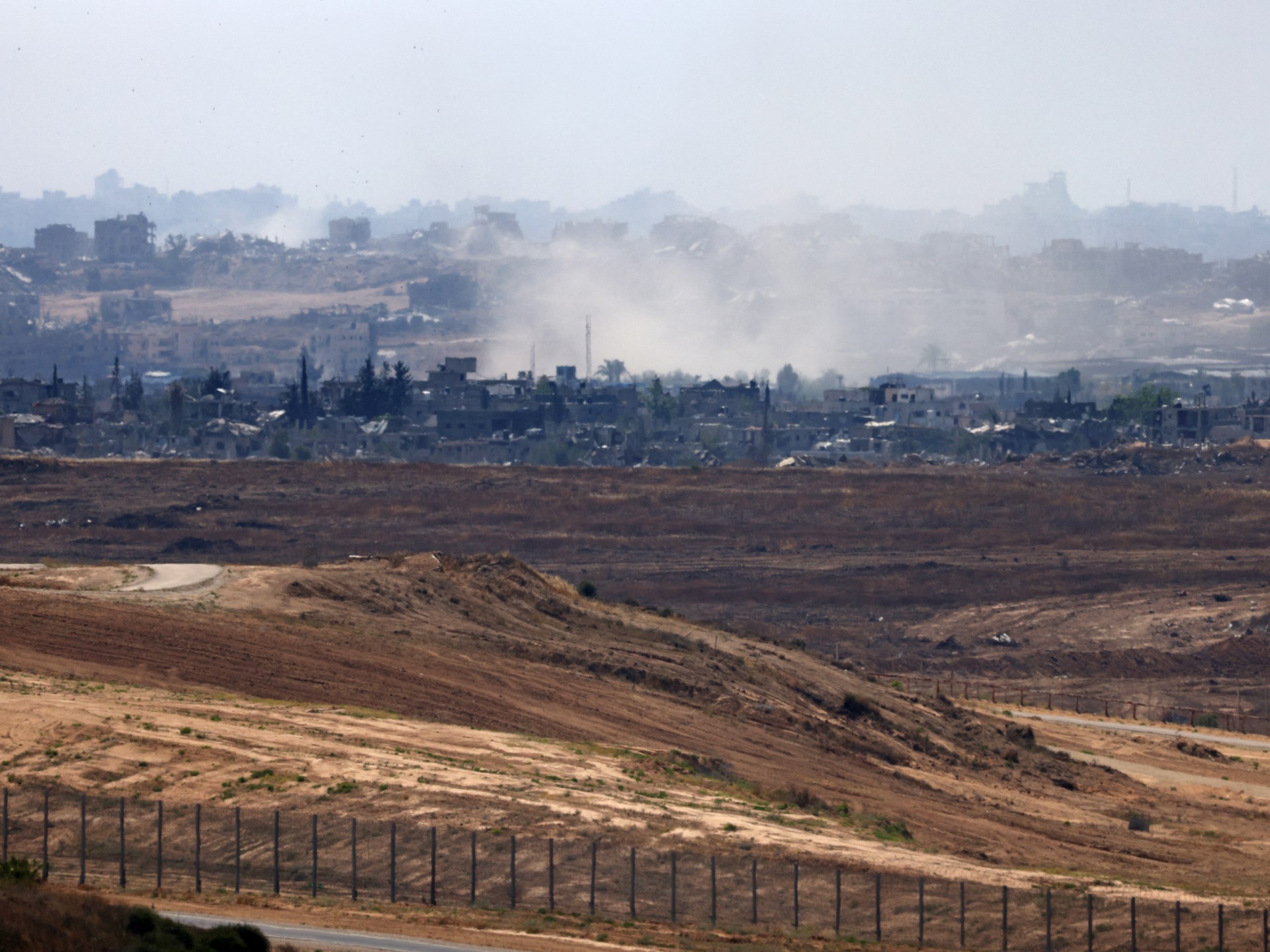
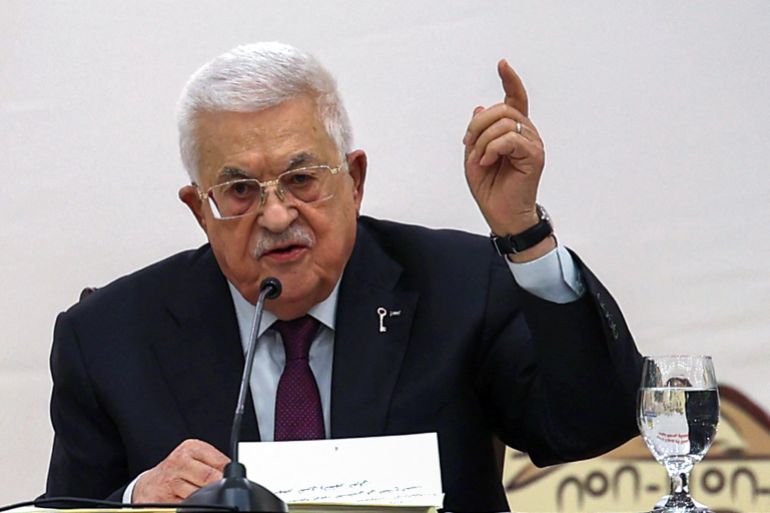
![This pictures taken from the southern Lebanese area of Marjeyoun shows smoke billowing from the site of Israeli airstrikes on the hills of the southern Lebanese village of Nabatiyeh on May 8, 2025. [Rabih Daher/ AFP]](https://www.occasionaldigest.com/wp-content/uploads/2025/05/000_44X24T2-1746708607.jpg)
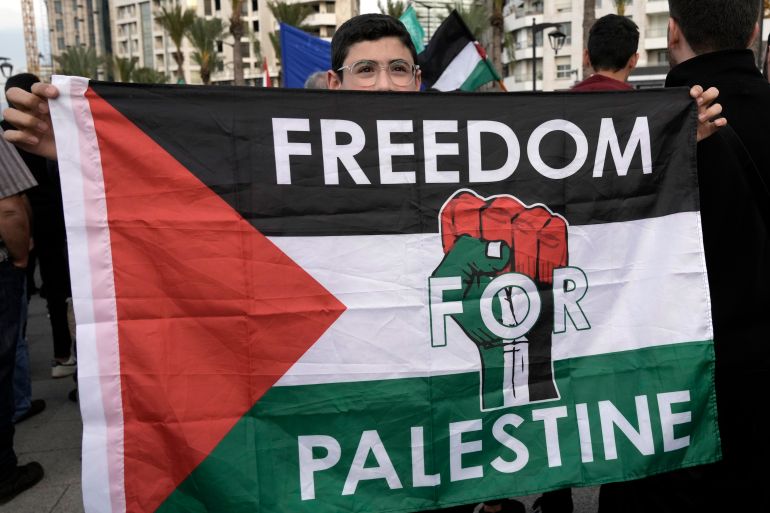
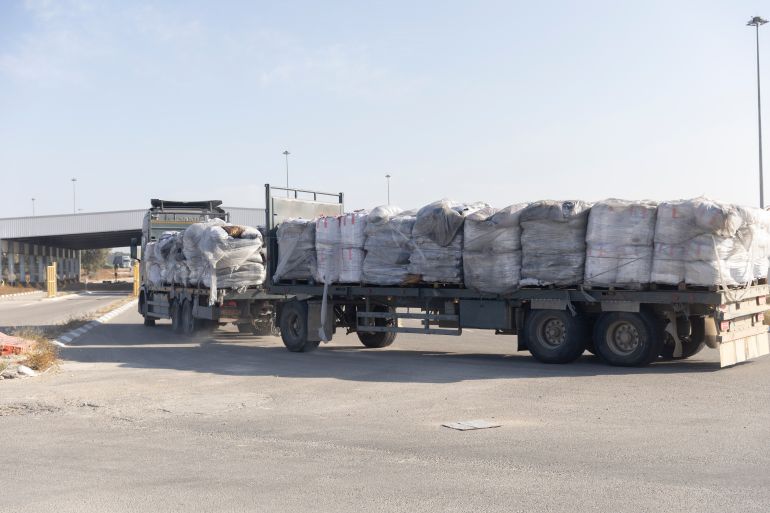

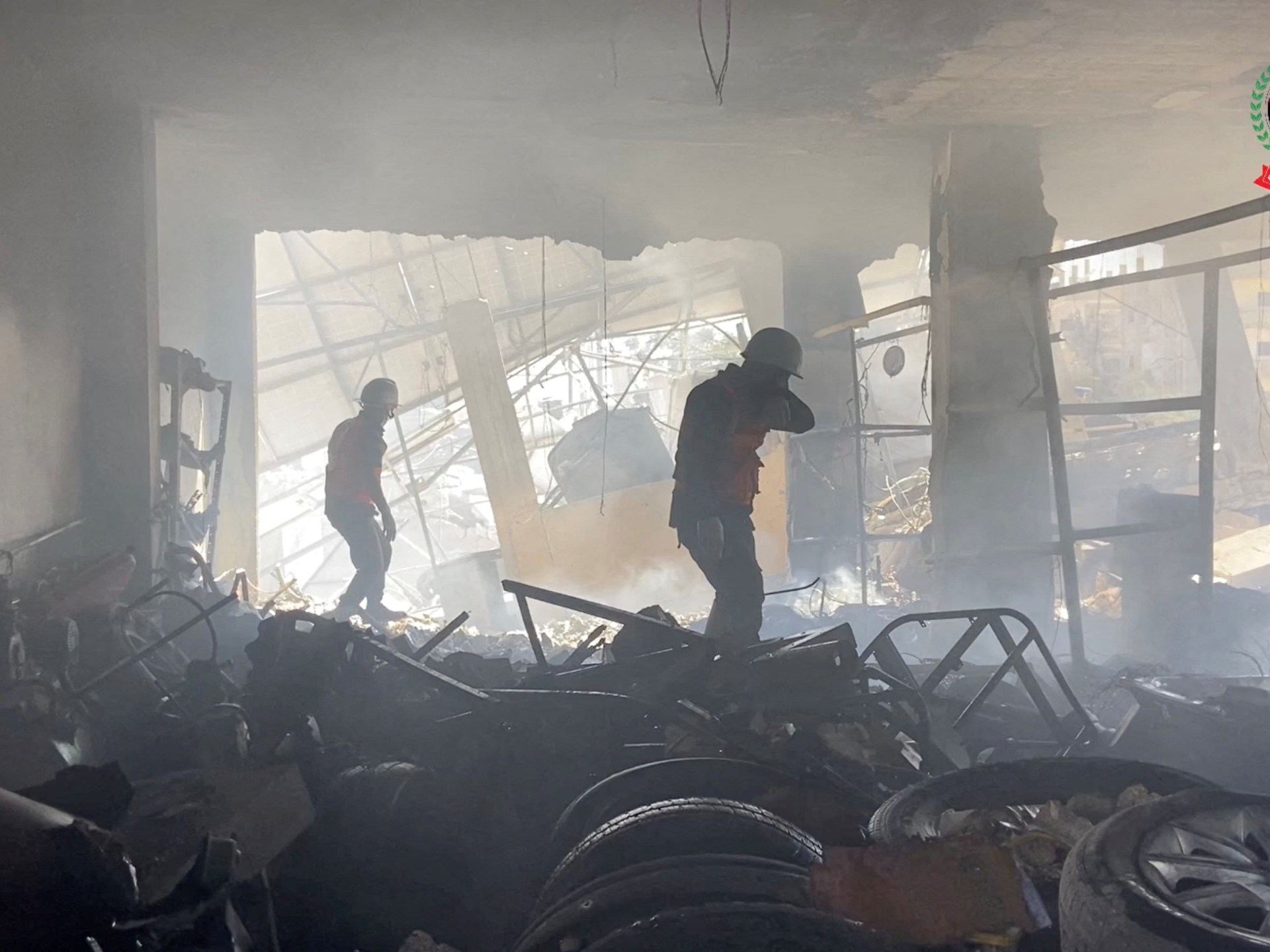
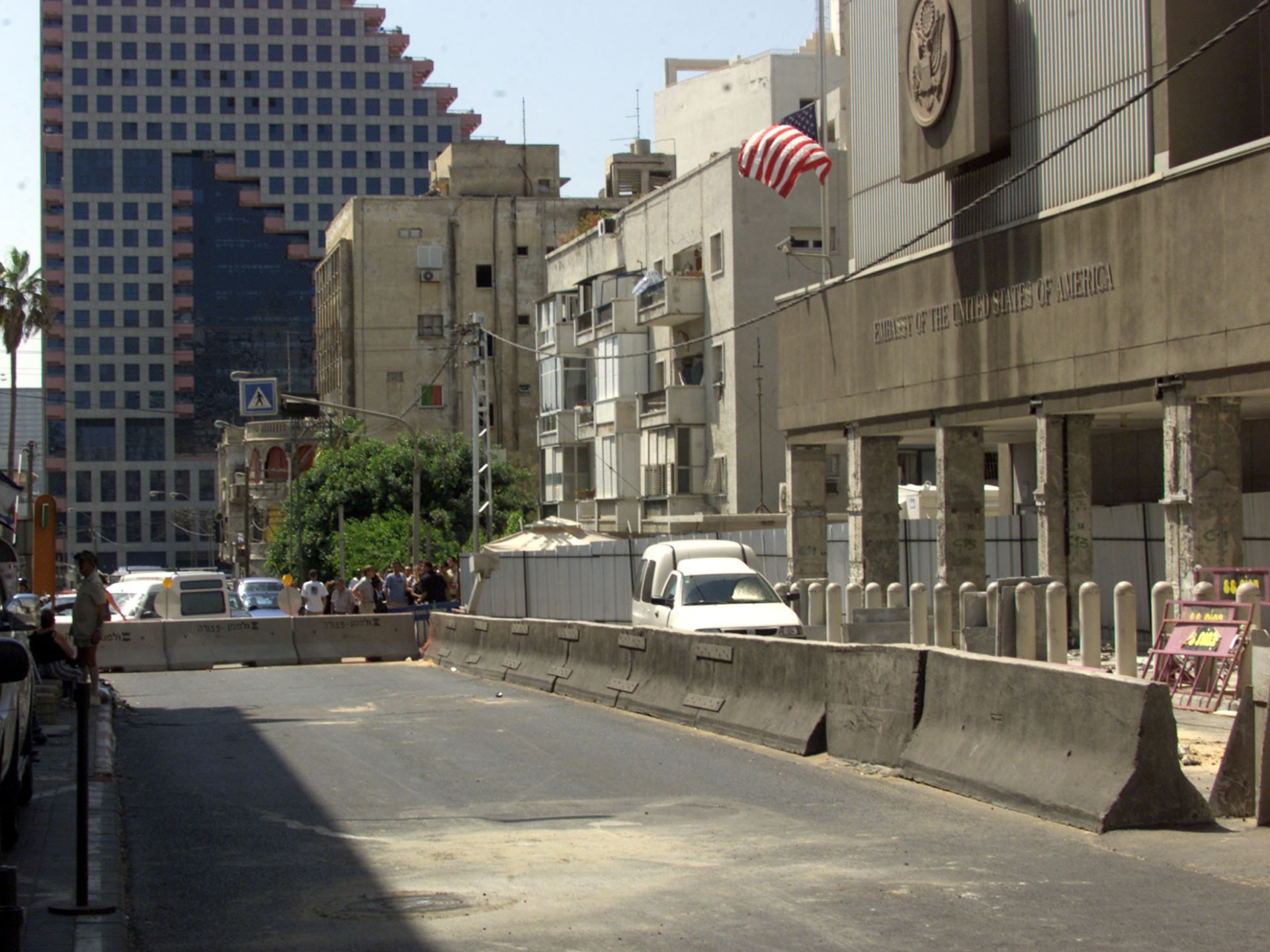
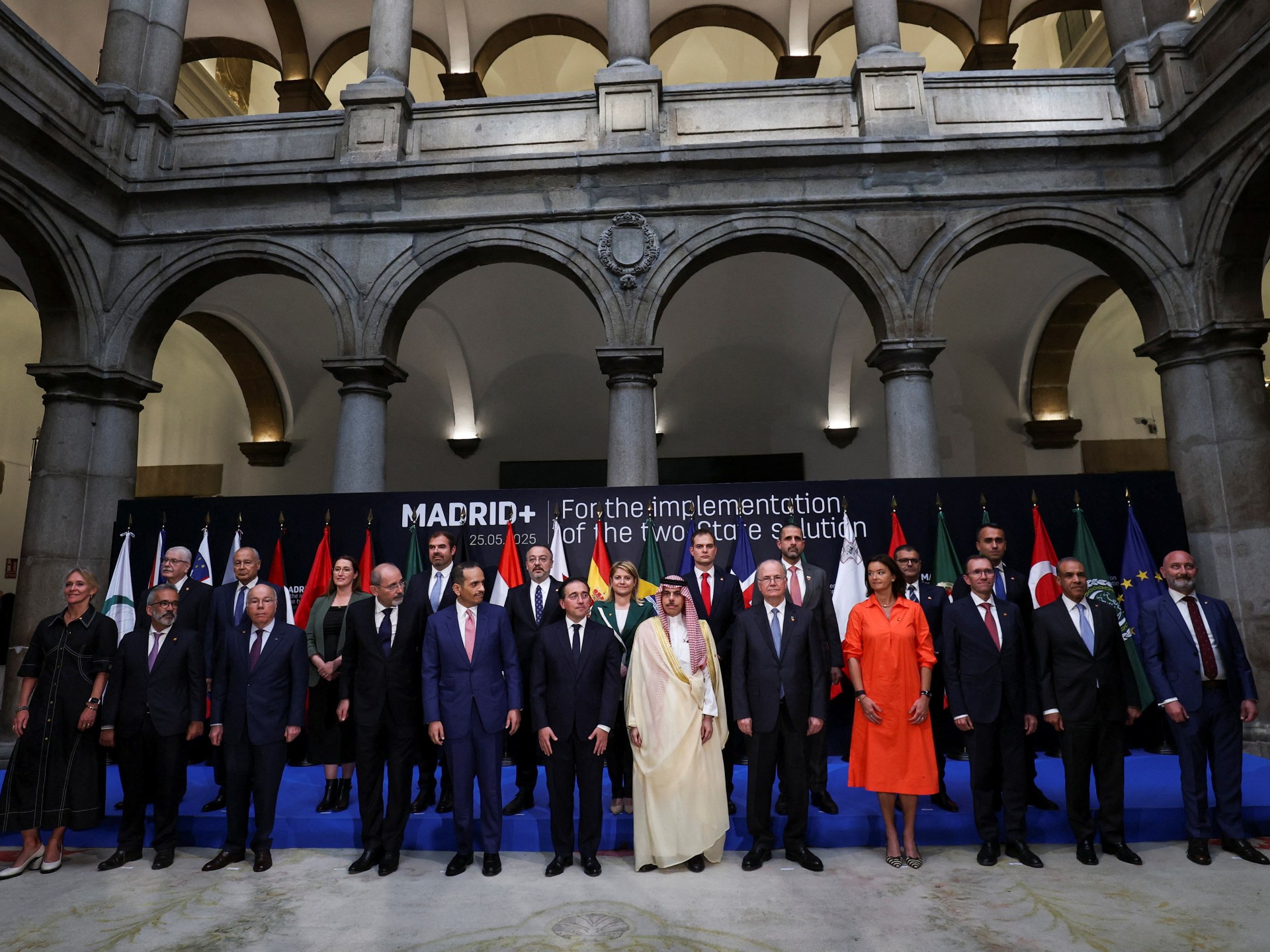
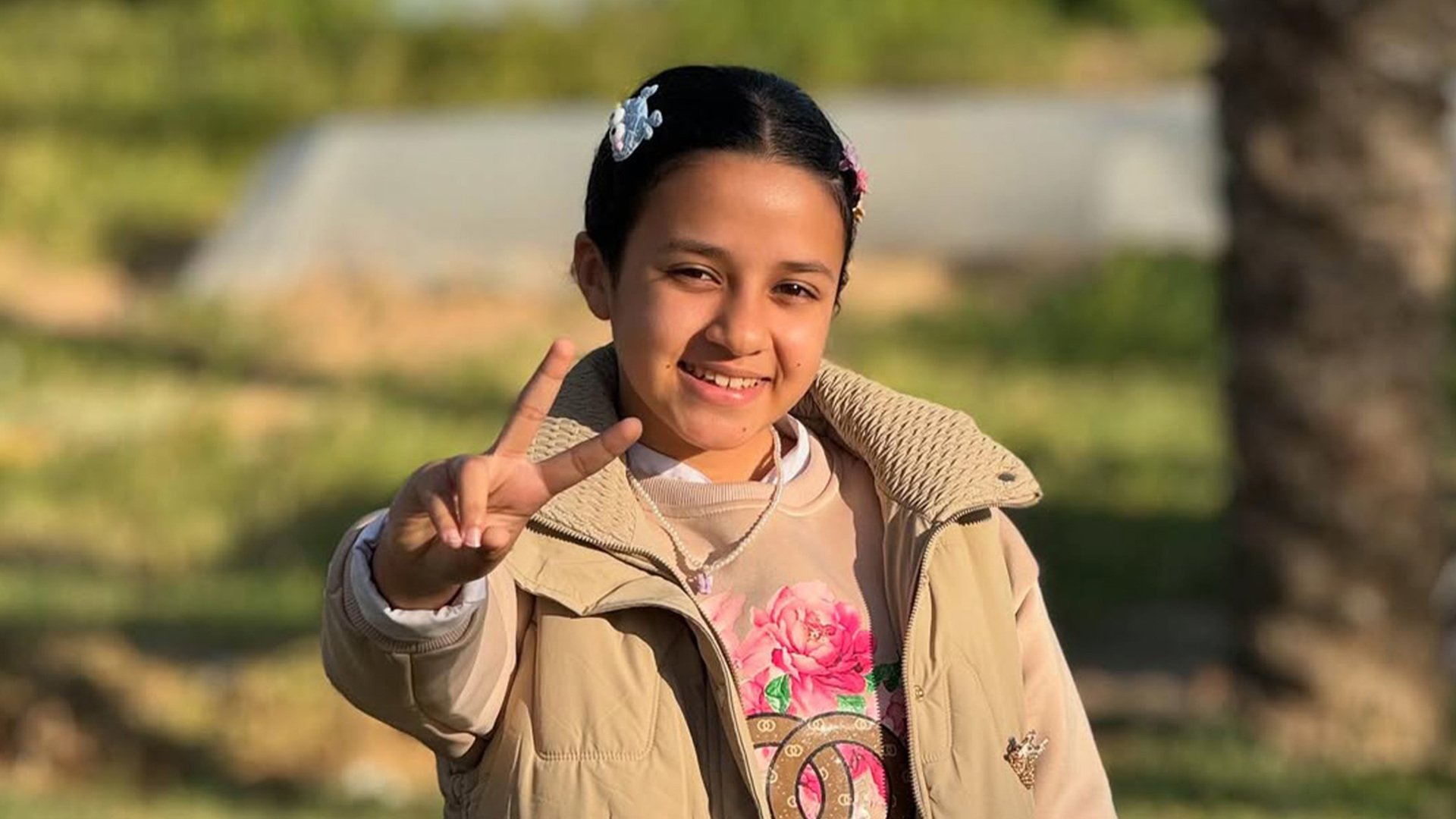
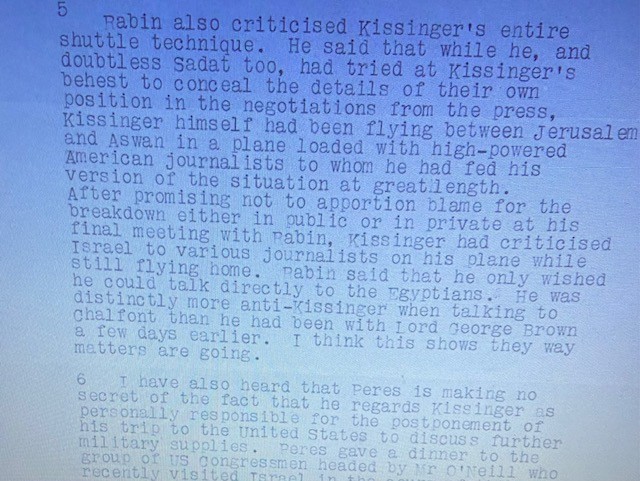

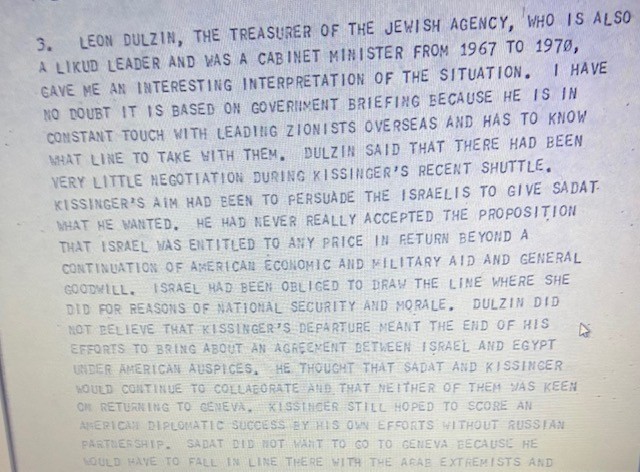
![A satirical drawing showing Israel pandering to Henry Kissinger of the United States while Egypt's President Sadat gets away with the oil rich Sinai desert. [David Rubinger/CORBIS/Corbis via Getty Images]](https://i0.wp.com/www.middleeastmonitor.com/wp-content/uploads/2025/05/GettyImages-530701224.jpg?fit=1200%2C797&ssl=1)
